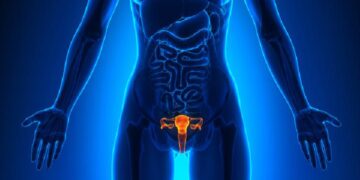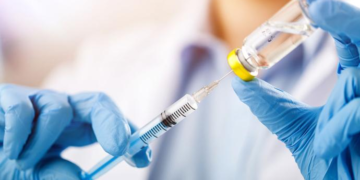Menstrual disorders
When a woman loses about 1/3 of her body fat, menstrual disorders or amenorrhea will occur. Long-term vegetarians or dieters with minimal fat intake can lead to low estrogen production, which greatly affects the libido of these women.
Osteoporosis
The incidence of hip fracture in thin women is more than 1 times higher than that of standard weight women. This is because the estrogen level in thin people is insufficient, which affects the combination of calcium and bone, and cannot maintain normal bone density, so osteoporosis is likely to occur and fractures will occur.
Hair loss
For people who are too thin, the supply of fat and protein in the body is insufficient, so the hair falls out frequently and the hair color gradually loses its luster. If you diet excessively, your hair will lack sufficient nutrition, especially iron, and will become yellow and lusterless, leading to massive hair loss.
Stomach sagging
Women who lose weight by starvation often feel loss of appetite, flatulence, bloating and pain, which may be signs of gastric prolapse. Gastric prolapse is common in people with significant abdominal discomfort, fullness, and a feeling of heaviness, and the symptoms worsen when standing or exerting themselves after a meal. In severe cases, there is also prolapse of internal organs such as liver, kidney and colon.
Uterine prolapse
Without adequate protection, the uterus tends to descend from its normal position along the vagina, and the cervix sags or even prolapses outside the vaginal opening, forming a prolapsed uterus. Severe cases may also lead to infection of the cervical opening and even cervicitis.
Anemia
Unbalanced nutritional intake can lead to insufficient intake of blood-building substances such as iron, folic acid and vitamin B12. Eating less, the basal metabolic rate is also lower than normal, so the gastrointestinal movement is slower and less gastric acid is secreted, which affects the absorption of nutrients. These are the main causes of anemia.





































